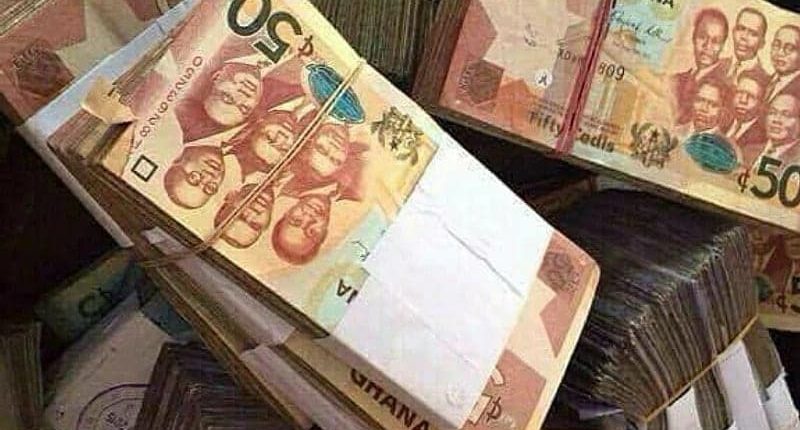Ghana’s cedi, the world’s best-performing currency against the dollar this year, extended its advance on Monday as investors await a Eurobond sale that would bolster the government’s coffers
The currency of the world’s second-biggest cocoa producer has strengthened 3.9% in 2020, the most among more than 140 currencies tracked by Bloomberg, a turnaround from last year, when it weakened 13%.
The coronavirus outbreak and the recent lunar new year holiday in China has cut back travel and trade, reducing demand for foreign currency from Ghanaian importers, according to Nana Yaa Faakye, Head of Treasury at Republic Bank Ghana Ltd.
The West African country is concluding a series of meetings with international bond investors Monday for a sale of as much as $3 billion in Eurobonds.
Nana Yaa Faakye noted that with the impending Eurobond issuance, which is likely to increase foreign reserves, some buyers are betting that the cedi will strengthen further.
According to the BoG, the central bank’s tight monetary stance is also supporting the currency.
Market reforms including the introduction of forward-rate foreign exchange auctions since October, with a target of $715 million this year, are another factor in favor of cedi gains, he said.
Meanwhile, the Bank of Ghana has been recognised by the Central Banking Awards as the Central Bank of the Year following series of reforms it implemented over the past two years to strengthen the financial sector.
The awards, which will be held on March 19, 2020, in Brussels, Belgium, said the bank had an impressive record of achievement, but the most notable, is its reform of a seriously undercapitalised and poorly managed banking sector.
It said while the standout feature for the Bank of Ghana during the last three years has been reforming the country’s banking sector, its performance in other fields has also impressed some outside observers.
The African Central Banking Awards research disclosed that the Bank of Ghana has an impressive record of achievement, but the most notable is its reform of a seriously undercapitalised and poorly managed banking sector.
It, however, noted that the Bank of Ghana still faces challenges on multiple fronts and, therefore, it must ensure the recapitalisation of some of the banks that were put into resolution.
In December 2019, the Bank of Ghana also published a set of principles aimed at encouraging environmentally sustainable and socially responsible practices by the country’s banks. It was one of the first central banks in a developing economy to make such a move, the report opined.





